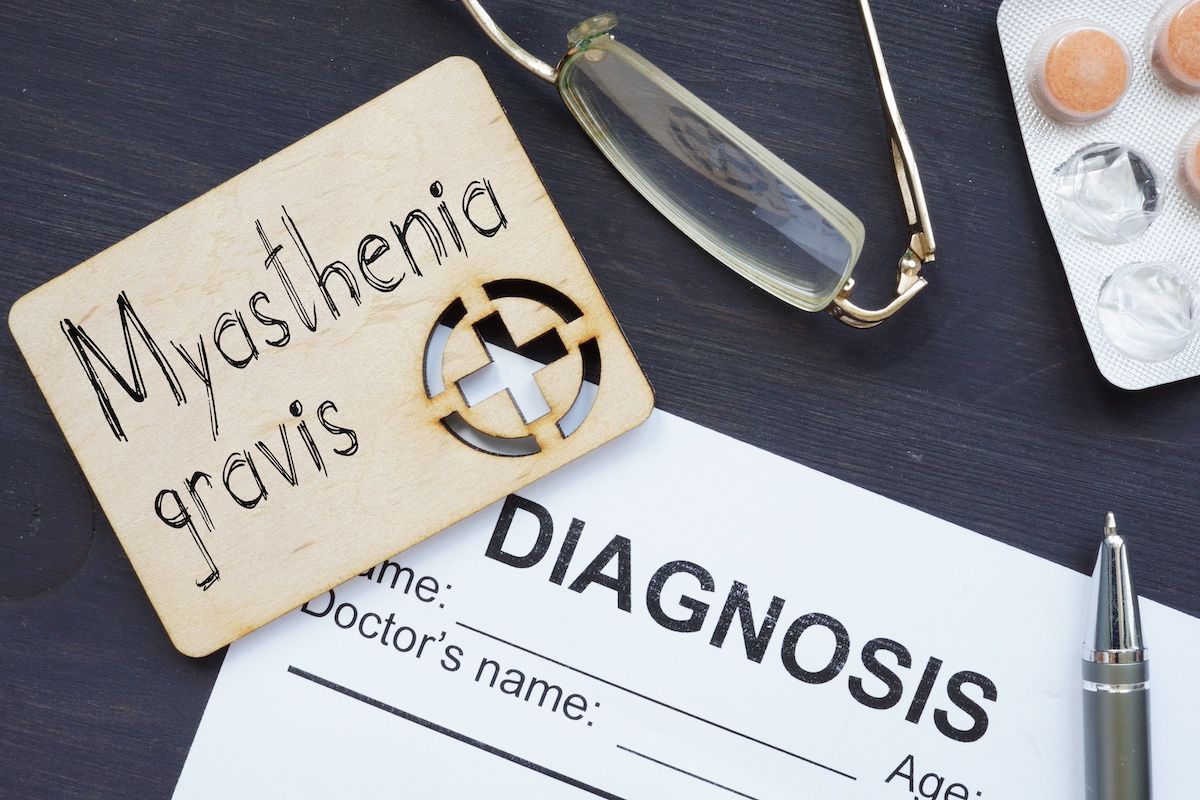- Center on Health Equity & Access
- Clinical
- Health Care Cost
- Health Care Delivery
- Insurance
- Policy
- Technology
- Value-Based Care
Case Report Finds SSRIs Work Alongside MG Therapy in Teen Patient
The report found a selective serotonin reuptake inhibitor (SSRI) did not offset the effects of myasthenia gravis (MG) medication.
A new case report suggests selective serotonin reuptake inhibitors (SSRIs) might still be a viable solution for patients with myasthenia gravis (MG) who also have depression.
Previous research has raised concerns that SSRIs may worsen symptoms of MG, but the case report—based on the experiences of a 13-year-old patient—calls those concerns into question. The report was published in the journal Cureus.1
The authors noted that psychological comorbidities are common in adults with MG. About one-third of adults with MG also have depression, the authors added, and those patients tend to have a higher risk of suicide attempts.2
MG is less prevalent in children than in adults, with an incidence rate of just 1 to 5 cases per million person-years. | Image Credit: © Andrii - stock.adobe.com

“This is in part attributed to the social and physiologic challenges that are experienced by this patient population, namely the symptoms of fatigue associated with MG,” they explained.1
MG is less prevalent in children than in adults, with an incidence rate of just 1 to 5 cases per million person-years.3 The investigators said there is “scarce” literature about the psychiatric implications of MG in pediatric patients.1 They hoped to add to the understanding of the psychiatric effects of MG by publishing their case report.
The case involved a 13-year-old female patient with MG who was taken to the emergency department for suicidal ideation and apparent self-poisoning with diphenhydramine medication.
“The morning after the incident her father brought her to the hospital, initially mistaking her sedation and lack of movement for an MG crisis,” they wrote.
The patient was then transferred to a children’s hospital, where she was stabilized and underwent a number of assessments, including the Children’s Depression Inventory, which showed a “very elevated” T-score of 75. The patient also indicated that she had previously engaged in self-harm and had long had thoughts of suicide, though she had never before made a plan to attempt suicide.
“Before this hospital presentation, she had been engaged in outpatient therapy and prescribed an SSRI,” the authors noted. “However, the father later found the full bottle of SSRI since she had not taken it.”
The patient was prescribed fluoxetine (Prozac) and admitted to the hospital’s behavioral health unit. Soon, her mood changed. Where she had previously been indifferent to staff and had only minimally participated in activities, she now became more motivated and actively participated in her care and therapy sessions. She said her suicidal ideation also stopped, the investigators reported.
The patient’s MG also remained well controlled and she was eventually discharged with a prescription of 10 mg fluoxetine and 180 mg pyridostigmine (Mestinon).
The authors noted they made their prescribing decision cautiously, given the potential for negative interactions between the 2 medications. Fluoxetine, they noted, can block acetylcholine receptors at the neuromuscular junction.
“Pyridostigmine is also known to act at this site by inhibiting the acetylcholinerase enzyme, thus increasing the amount of acetylcholine available for electrical signaling between nerves and muscles, resulting in an improvement of muscle fatigue symptoms associated with MG,” the authors said. “These findings suggest the possibility of pyridostigmine and fluoxetine [having] opposing actions at the neuromuscular junction.”
The fact that both seemed to perform their desired functions in this patient suggests that the interactions between the 2 therapies may be more complicated than previously thought. The authors said there therefore ought to be more research to better understand how both can be used with patients. They also said other modes of treatment, such as individual, group, and family therapy sessions, also appeared to help the patient, underscoring the potential of multimodal approaches.
“This case emphasizes the need for comprehensive assessment and management of mental health symptoms in pediatric patients with MG,” they wrote.
References:
- Arce MI, Breetz KA, Martin CA. Treatment of depression in adolescents with myasthenia gravis. Cureus. 2024;16(4):e58408. Published April 16, 2024. doi:10.7759/cureus.58408
- Nadali J, Ghavampour N, Beiranvand F, et al. Prevalence of depression and anxiety among myasthenia gravis (MG) patients: a systematic review and meta-analysis. Brain Behav. 2023;13(1):e2840. doi:10.1002/brb3.2840
- Peragallo JH. Pediatric myasthenia gravis. Semin Pediatr Neurol. 2017;24(2):116-121. doi:10.1016/j.spen.2017.04.003
